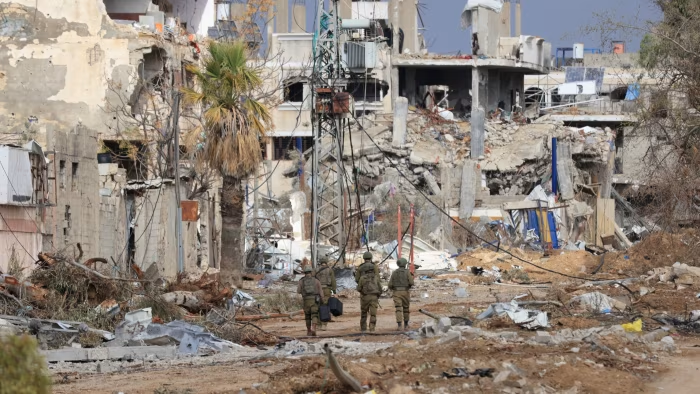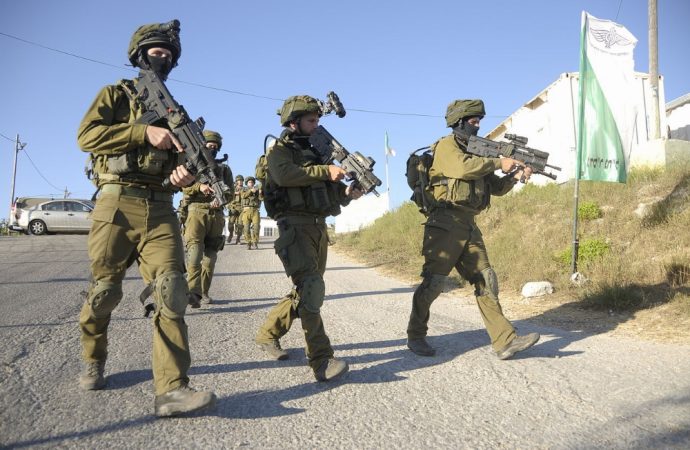Israel’s Strategic Shift: Planning for Long-Term Engagement Against Hamas Leadership In a notable strategic shift, Israel is gearing up for what officials are calling a ‘long war’ against Hamas, the militant group governing the Gaza Strip. The focus of this operation includes a determined effort to eliminate the top three leaders of Hamas. This article
Israel’s Strategic Shift: Planning for Long-Term Engagement Against Hamas Leadership
In a notable strategic shift, Israel is gearing up for what officials are calling a ‘long war’ against Hamas, the militant group governing the Gaza Strip. The focus of this operation includes a determined effort to eliminate the top three leaders of Hamas. This article delves into the motivations behind Israel’s decision and the potential consequences for the ongoing Israel-Palestine conflict.
The Long War Strategy
Israeli military officials have articulated the need for a prolonged engagement with Hamas, aiming to disrupt the group’s operational capabilities and diminish its influence. This strategic shift reflects a commitment to address the root causes of the conflict comprehensively.
Targeting the Top Three Hamas Leaders
The decision to specifically target the top leadership of Hamas signifies a departure from previous approaches. By aiming to eliminate the top three leaders, Israel intends to destabilize the group’s command structure, thereby weakening its ability to coordinate and execute attacks.
Expert Analysis by Dr. Sarah Cohen
Dr. Sarah Cohen, a leading political scientist specializing in Middle Eastern affairs, provides valuable insights into the implications of Israel’s strategy. According to Dr. Cohen, “This move suggests a calculated effort to incapacitate Hamas leadership and disrupt their ability to sustain prolonged resistance.”

Image by: https://www. ft.com
Potential Implications
While Israel’s strategy is designed to enhance its security, it is not without potential ramifications. International reactions, regional stability, and the humanitarian impact on Gaza are factors that must be carefully considered. Dr. Cohen emphasizes the importance of a nuanced approach to mitigate unintended consequences.
Comparative Table: Key Considerations
| Aspect | Long War Strategy Against Hamas | Previous Approaches |
|---|---|---|
| Duration | Prolonged engagement | Short-term operations |
| Target Focus | Top leadership elimination | Broad operational disruption |
| Objectives | Comprehensive conflict resolution | Tactical disruption |
| Potential Implications | Regional stability concerns | Limited international fallout |
Conclusion
As Israel embarks on this new strategic approach, the complexities and challenges are evident. The decision to pursue a ‘long war’ and target the top three Hamas leaders reflects a commitment to altering the dynamics of the Israel-Palestine conflict. However, the road ahead is uncertain, with potential consequences that extend beyond the immediate military objectives. Stay tuned for further analysis as events unfold in this evolving geopolitical landscape.

















Leave a Comment
Your email address will not be published. Required fields are marked with *